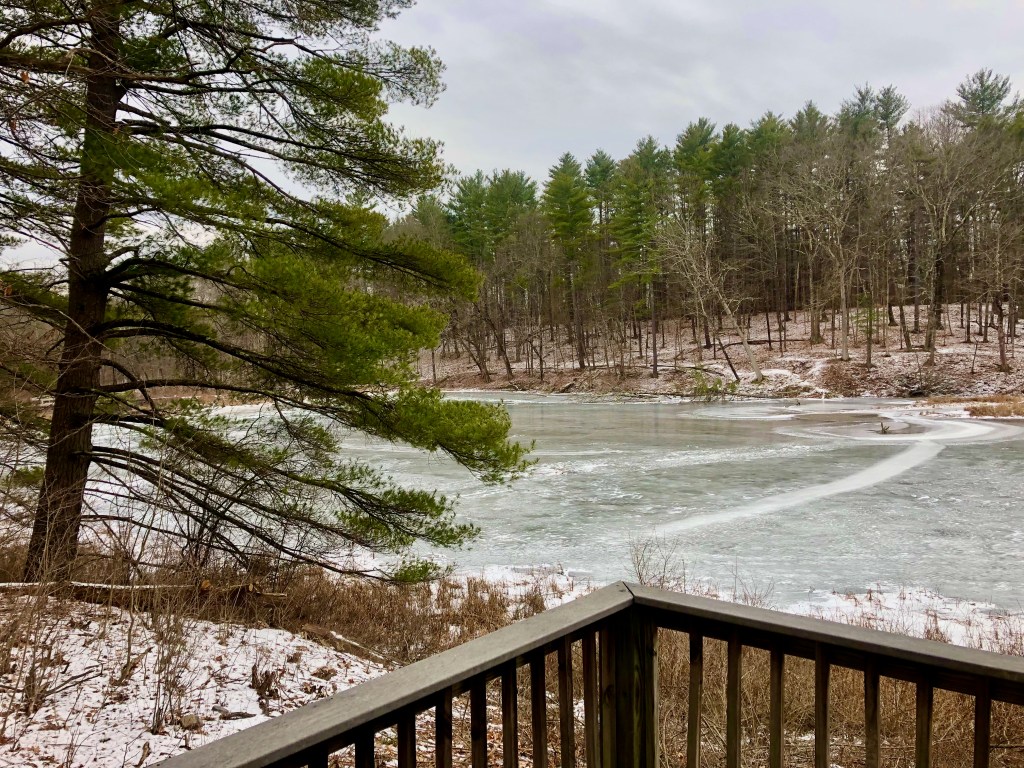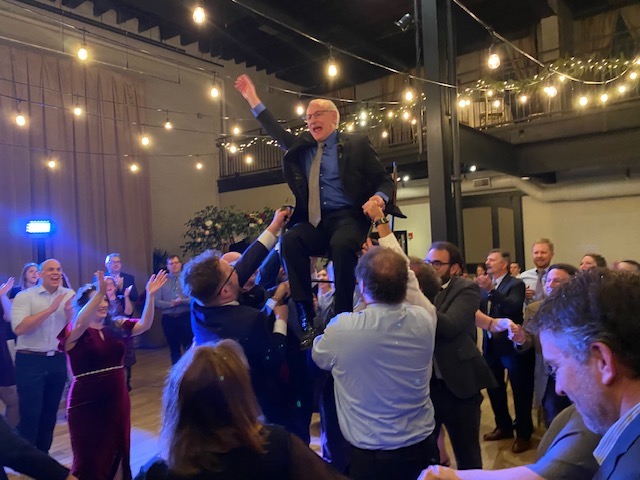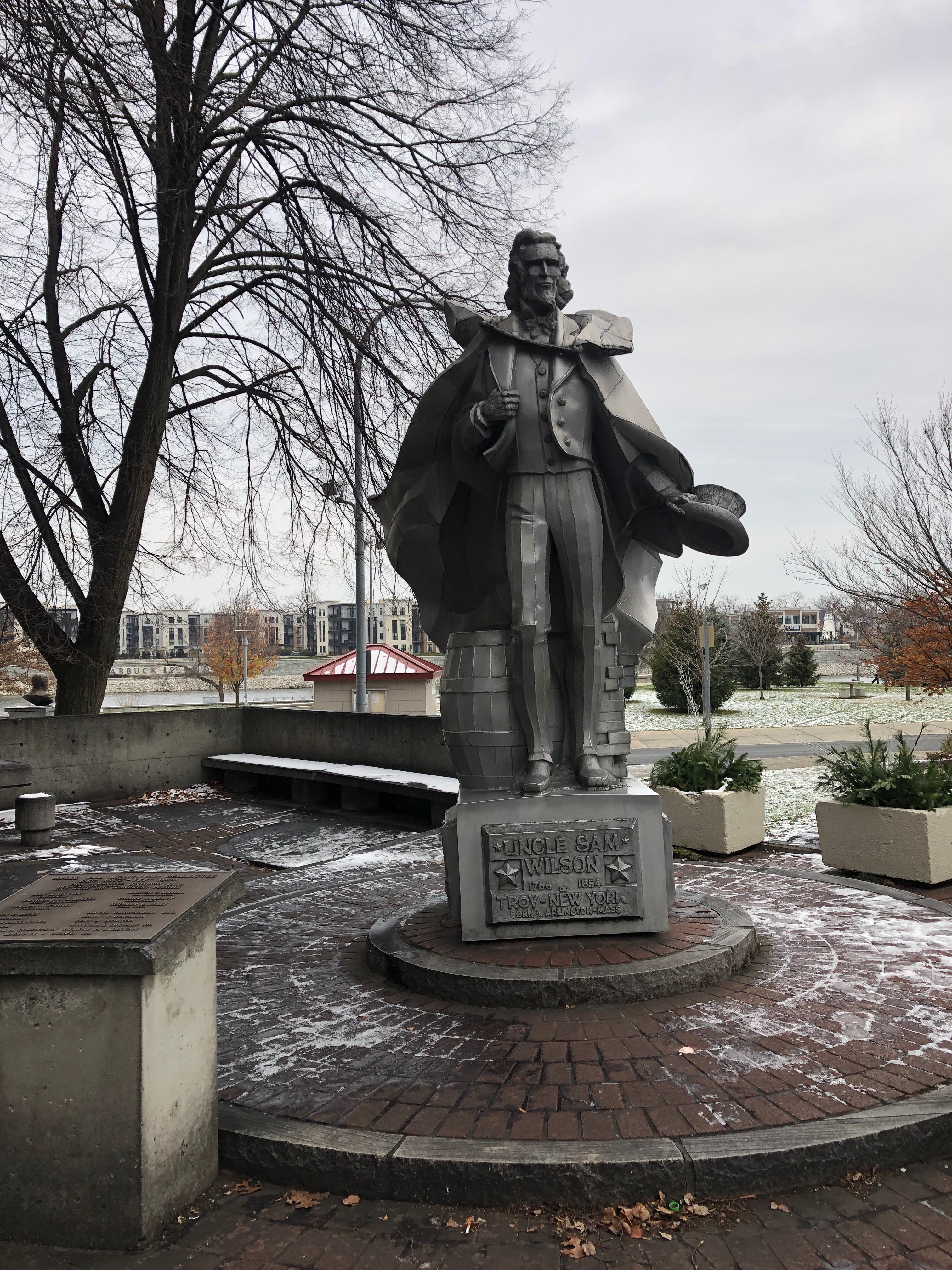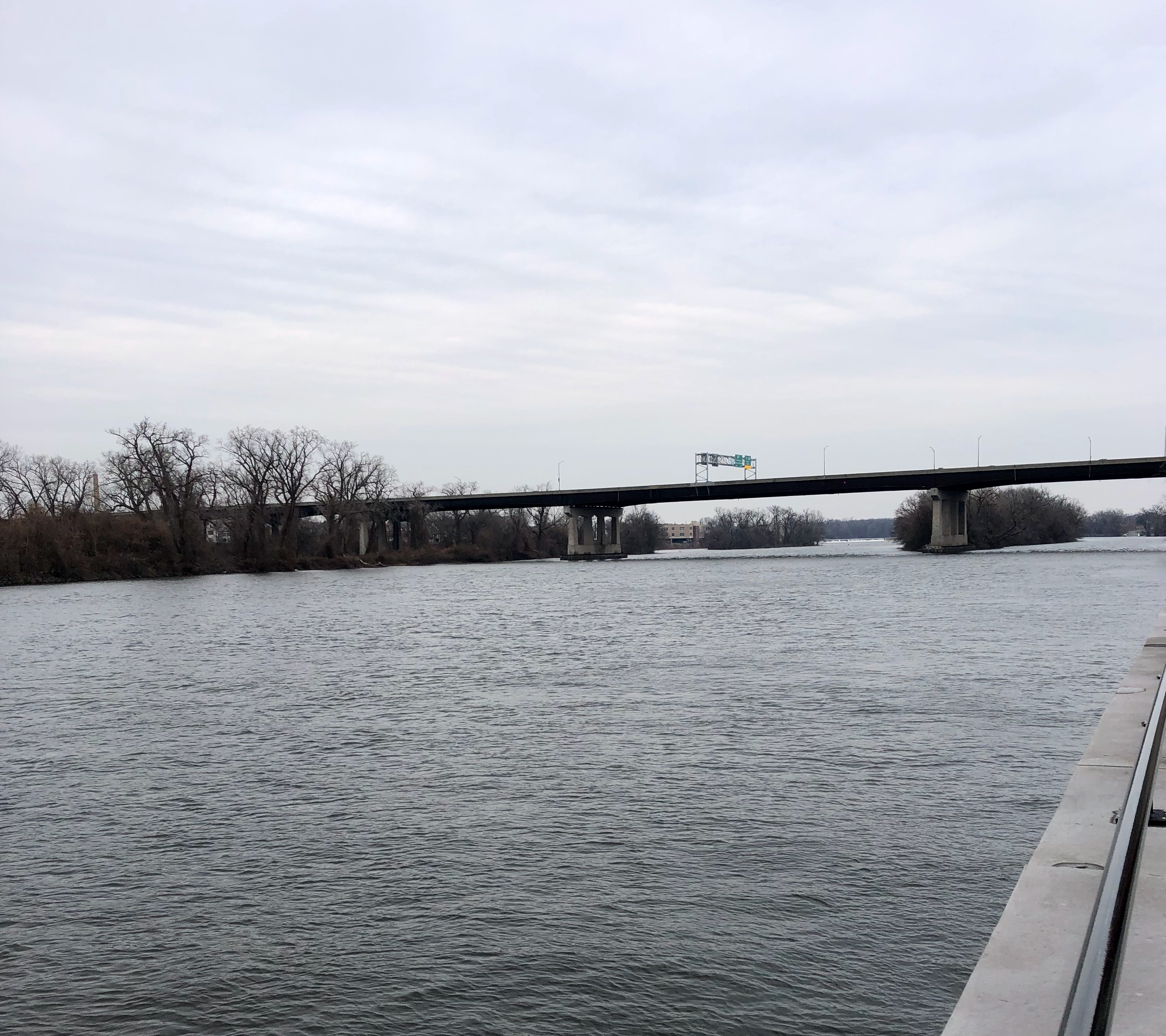
I keep telling myself I want to read more poetry. But I don’t do it. Why? I think in part it is because for me it is hit or miss. I love it or I don’t get it. And when I don’t get it, I feel less than. It feels unsatisfying. With a book, it is different. I may like the story or the writing, or I may not, but I don’t often feel a sense of failure. With modern art, or even classical paintings, if I don’t appreciate something, I just move on without judgment – not of the artist and not of myself. Why does poetry that goes over my head, or if it doesn’t move me, make me feel like it is a personal failure? I think I need to adopt the attitude I have about other art forms – enjoy what resonates and let the rest go. Maybe then I would make it more of a priority. After all, poetry lends itself to our lifestyles these days – they can be quick reads (maybe not quickly understood and processed, but it doesn’t require a huge time investment) so it would seem to be a good fit.
I am pleased to report, though, that a book of poetry I just read, prompted by my family book club (thank you, Nicolette), did not fall into the category of going over my head. I found it accessible and meaningful. Amanda Gorman’s Call Us What We Carry was insightful, moving, intelligent and creative. My niece, who picked it as this month’s read, called it a ‘time capsule,’ and I think that is very apt. Gorman wrote it during the pandemic, it was published in 2021. The poems remind me what the early days of Covid felt like – the isolation, the fear, the uncertainty. The poems cover that year, 2020, and all the upheaval that went with it. While some might not want to be reminded, it is important because though we think we have moved beyond it, in our quest for normalcy, there are residual effects that we need to reckon with.
It Is amazing to me that Amanda Gorman is so young – as of today she is 25. When she recited her poem, “The Hill We Climb” at Biden’s inaugural (that uplifting poem is included in this collection), she was 21! She is clearly well-read and well-educated – how much is formal education (she earned her B.A. from Harvard so there had to be some of that), or her own reading and research, I don’t know, and it doesn’t matter. She brings a sense of history and culture to her poems that is so impressive. There are references to the pandemic of 1918, the Great Migration (the movement of African Americans from the south to the north during the first half of the 20th century), the Civil War and her own life. She includes footnotes and endnotes. All of it is called upon in service of enlightening our present moment.
It isn’t common for our book club members to all agree on something we have read. Usually there are differences of opinion, and we bring a variety of perspectives and preferences to the piece – which is what is beautiful about it– and we read a wide range of genres. Everyone was impressed with Call Us What We Carry. Each of us picked up on different themes, some things resonated more than others, but we all valued the experience. I should note that we do not all share the same politics – though I would not characterize any of us as extremists, we are mostly center-right, center-left, and maybe a bit further left. I point this out because one might be tempted to assume that Gorman’s poetry would be heavy-handed. We did not find it so – she writes substantively, with evidence and passion – not propaganda.
Several of our members perceived that some of the poems communicated anger. I can’t say I felt that as I read. I didn’t pick up on that in her tone. If it was there, it wouldn’t be without cause – there is plenty to be angry about. It didn’t hit me that way, though.
I think this collection of poems offers an important contribution to our time. I recommend reading and or listening to it. Our book club had a discussion about how best to engage with it – some had listened, some read and one of us read and listened at the same time. I think, if one can, that last method would probably be best. Reading it allows you to appreciate some of the artistic choices made in how it is presented (the poem in the shape of the U.S. Capitol, the use of white space, the color of the paper, etc.). Listening likely offers more of an appreciation of the rhythm and the playfulness of the language.
I will leave you with two parts of poems that made a meaningful impression on me. The first comes from “The Shallows,” which describes a time challenging to the human spirit, she concludes the poem with these lines:
Shall this leave us bitter?
Or better?
Grieve.
Then choose.
The other piece is entitled Pre-Memory:
“Marianne Hirsch posits that the children of Holocaust survivors grow up with memories of their parents’ trauma: that is to say, they can remember ordeals that they did not experience personally. Hirsch calls this postmemory. Seo-Young Chu discusses what she calls postmemory han, han being a Korean conception of collective grief. Postmemory han, then, is the han passed on to Korean Americans from previous generations. As Chu writes: Postmemory han is a paradox: the experience being remembered is at once virtual and real, secondhand and familiar, long ago and present.” The whiplike echo of Jim Crow, too, passes through Black bodies even before birth.”
The piece then goes on to explore this idea. The notion that we inherit trauma, if it is true, has major implications – and would explain a lot about why people behave the way they do and why it is so difficult to move on.
Amanda Gorman is wrestling with provocative and interesting ideas. I think it is worth the time to explore them. I look forward to seeing what she will offer us as she grows.














